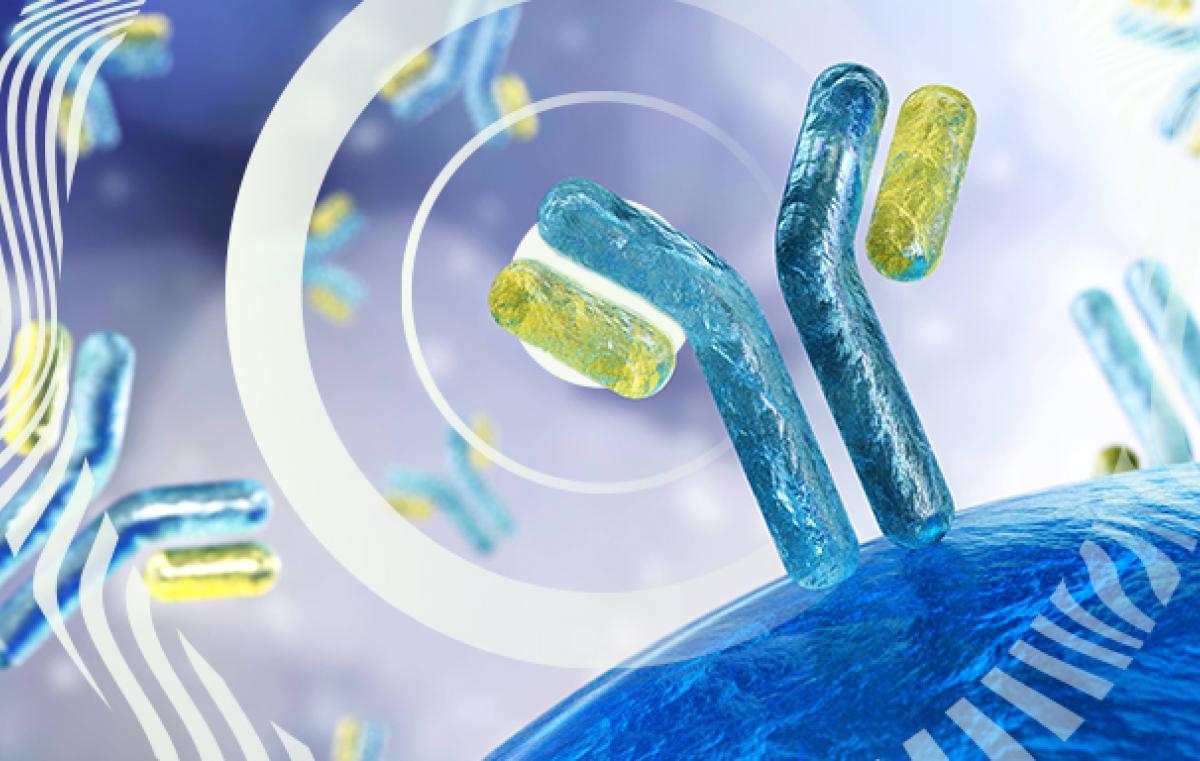Maternal Antibodies to Prevent Alzheimer’s Disease
Immunity passed from mother to fetus may significantly reduce the accumulation of the amyloid-beta protein, thus preventing Alzheimer’s disease and cognitive decline in the future

The accumulation of the amyloid-beta protein in the brain leads to the type of cognitive impairment observed in people suffering from Alzheimer’s disease or Down Syndrome. A study conducted by Prof. Eitan Okun’s group at the Paul Feder Alzheimer's Disease Research Laboratory, in BIU’s Gonda (Goldschmied) Multidisciplinary Brain Research Center, found that immunity transmitted from the mother to the fetus may lead to a significant reduction in the accumulation of the amyloid-beta protein and less damage. The full article is published in the journal, “Communications Biology.”
Maternal antibodies transmitted to the newborn, whose immune system has not fully matured, may protect newborns from infections. However, maternal-mediated immunity may also be mobilized against diseases associated with endogenous protein (like the one that the body produces itself). Diseases known to be associated with endogenous protein, such as Alzheimer’s and Alzheimer symptoms in people with Down syndrome, are characterized by the accumulation of the amyloid-beta protein that causes cognitive decline.
Currently there are no pregnancy tests to detect mutations associated with early onset of Alzheimer’s, but there are tests to identify Down syndrome. Researchers at Prof. Eitan Okun’s lab conjectured that maternal antibodies, which are able to neutralize the amyloid-beta protein, may remove it from the central nervous system of young mice carrying the gene that causes increased production of this protein.
To test this, an amyloid-beta protein vaccine is given to healthy mice. After being tested for high levels of amyloid-beta protein antibodies, the mice were mated with mice suffering from early amyloid-beta accumulation. During pregnancy and post-partum, mothers transmitted antibodies to their fetuses and offspring through the placenta and milk.
Maternal antibodies lowered the amyloid-beta levels in the cerebral cortex of the offspring of mice within four months post-partum and resulted in the alleviation of short-term memory problems in the offspring. One of the interesting observations in the study is that maternal antibodies elicited a long-term change in the cells responsible for the breakdown of amyloid-beta protein in the fetal brain, many months after the antibodies "disappeared" from the offspring's bloodstream.
This data suggests that maternal immunization can alleviate cognitive decline associated with amyloid-beta deposition in the offspring’s brain, as occurs in early onset of Alzheimer’s and in Down syndrome, and opens the way to new treatment options for this population.